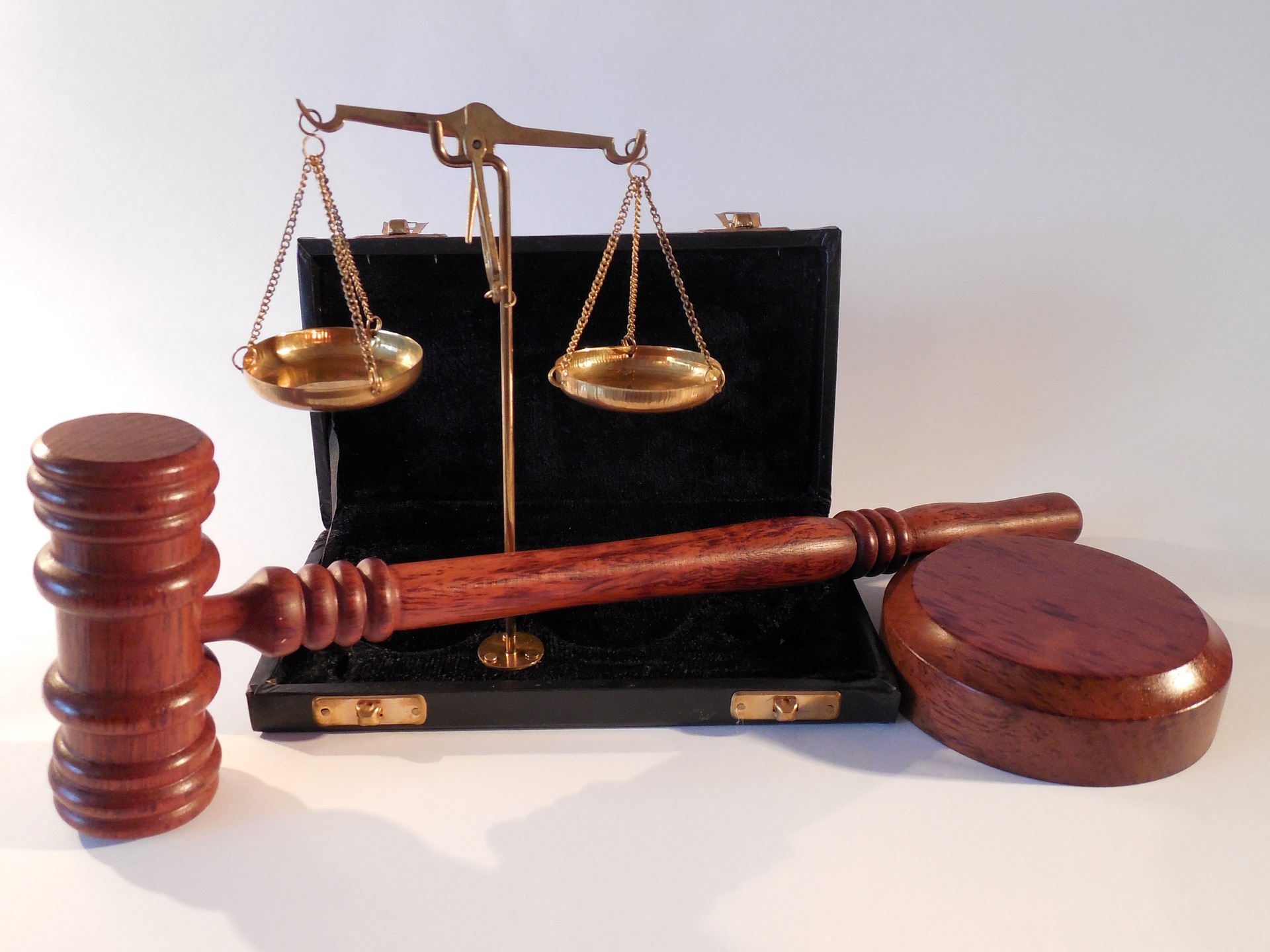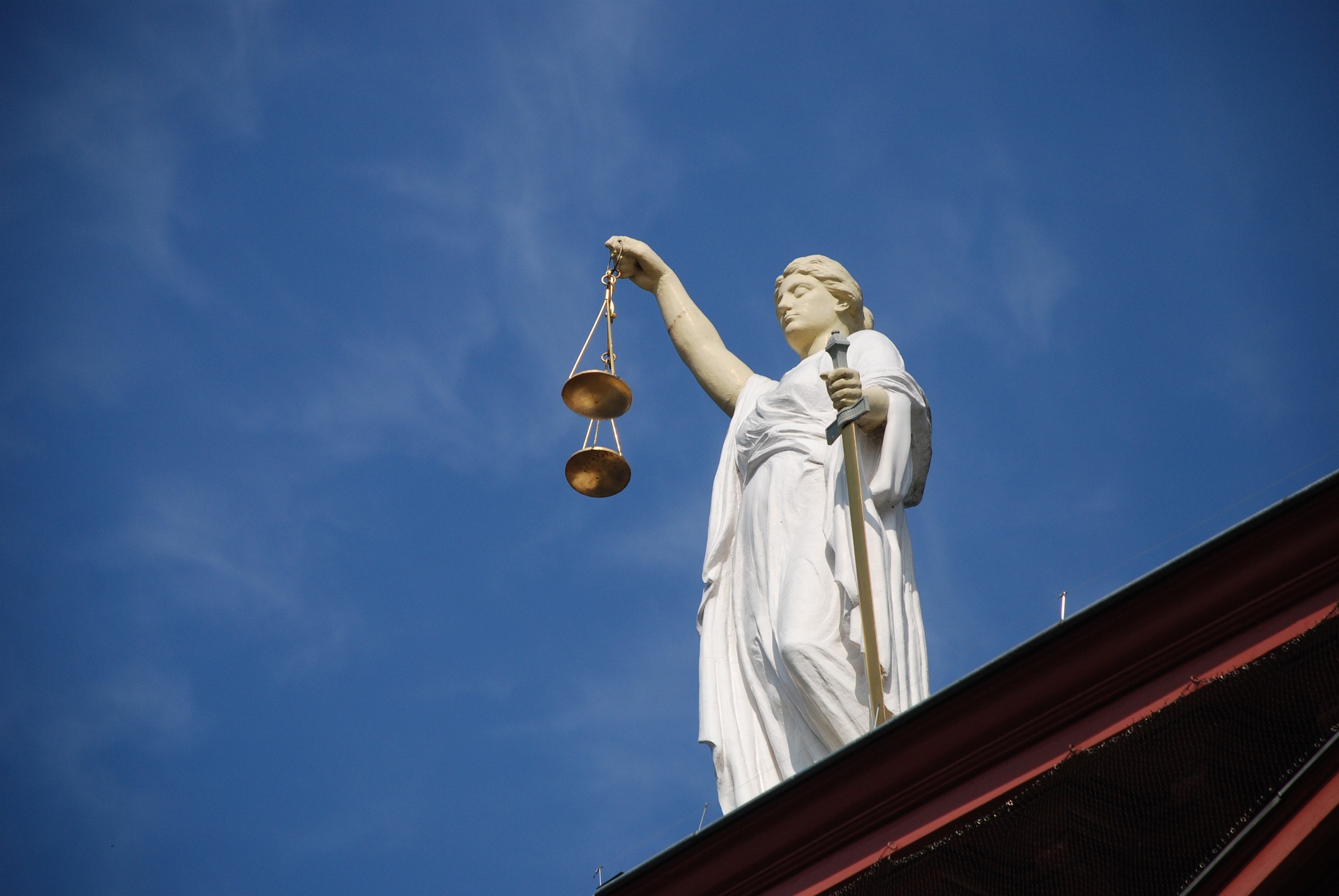Right Of Publicity - Legal View On Publicity For Celebrities
A right of publicity is the right to decide how your name, likeness, voice, signature, or other things that are unique to you can be used in business.
Author:K. N.Nov 14, 202257.3K Shares1.3M Views

A right of publicityis the right to decide how your name, likeness, voice, signature, or other things that are unique to you can be used in business.
The right to be known is all about who you are. Depending on who you are, your identity can be a valuable asset worth millions of dollars and give you a lot of power in the business, government, and private sectors. In other words, the right to one's identity is a valuable one.
Right Of Publicity In American Law
In a legal sense, everyone has the right to be known. But it probably doesn't come as a surprise that, most of the time, only the famous (and infamous) people in our society fight hard to protect their rights.
The right to privacy includes the right to be seen by the public. A person's right to privacy protects them from having their name or image used without their permission. It also protects them from having embarrassing private facts made public, from being put in a false light, and from having false information made public.
In 1953, a case called Haelen Laboratories vs. Topps Chewing Gum, Inc. was the first time that the right of publicity was called that.
In Haelen, the court pointed out that the right of publicity wasn't meant to protect a person's privacy but to stop people from using their name or likeness without their permission.
Celebrities Sue To Keep Their Image In Good Shape
Bette Midler knows about her rights to fame. She used her right to be known to stop a singer who sounded like her from being used to sell cars.
After Midler turned down the job, Ford Motor Co. hired one of her backup singers to sing in a commercial. They asked her to sound as much like Midler as possible. It worked, and a lot of people, even some of Midler's friends, fell for it.
Midler sued, and the court said that her right to publicity for her singing voice had been taken without her permission. Other famous people have also been able to stop businesses from using their names or likeness without their permission.
Johnny Carsonwas able to stop a company from using "Here's Johnny" as their name. Kareem Abdul-Jabbar was able to stop his old name, Lew Alcindor, from being used to sell cars in a business setting.
George Wendt and John Ratzenberger, who played Norm and Cliff on the TV show "Cheers," sued when a company made robots that looked like them. They said that this was a violation of their right to publicity. So did Vanna White. In this area, the law gives a lot of protection, especially to famous people.
All People In The US Have The Right To Privacy.
At the moment, the right of publicity is recognized by statute or common law in more than half of the states. Even though many states say that everyone has a right to be known, others only say that celebrities have this right.
Many states also recognize a "right of publicity" after a person dies, with terms ranging from 10 to 100 years, or even as long as the information is still being used. In particular, California recognizes both rights based on common law and rights based on laws.
Section 3344 of the California Civil Code says that it is illegal to use someone else's name, voice, signature, photo, or likeness for advertising or selling without that person's permission.
The law also says that post-mortem rights of publicity last for 50 years and that the right can be passed on to someone else by registering with the secretary of state. Common law in California protects people from having their name, likeness, or identity stolen.
Even though there is no federal right to publicity, there has been a lot of talk about it, and one may be recognized in the future.
In the meantime, Section 43 of the federal Lanham Act, which forbids false designations of origin, including false endorsements, can be used to stop the illegal use of a person's name in business at the federal level.
There Are Limits On Publicity Rights
Of course, there are limits to the right to publicity. When certain kinds of speech or expression are at stake, the First Amendment may be more important than the right to be known.
Especially when the speech is artistic, like in a movie or book, or "newsworthy," the First Amendment will protect it and stop a lawsuit based on the right of publicity.
"Newsworthy" usually refers to newsand facts about public issues as well as interesting facts about a person. For the First Amendment to protect a person, there must be a clear link between the person and the newsworthy information.
Most of the time, you don't need permission to use the names and pictures of people in books, magazines, or news articles as long as there is a clear link between the person and the material.
Risks For Paparazzi
If you make content or ads, you need to take steps to avoid accidentally using someone else's right to publicity without their permission. That's why important media like Hookor PureNetWorth have their own legal disclaimer and need the best writers to avoid violation of rights.
The first step is to look at the material you want to use to see if you have any rights to use it. Remember that everyone has the right to be known, not just famous people.
Before you publish something that uses someone's name, picture, or even the sound of their voice, you should think about the risks and, if necessary, talk to a lawyer about it.
Before you use any part of someone's identity, you might want to talk to them or their agent and get written permission. To get those rights, you might have to pay.
People Also Ask
Is There A Right Of Publicity In The UK?
Under English law, there is no right to public attention. There are, however, a variety of legal rights that can be used to protect different parts of a person's reputation and identity. A person can claim copyright to a picture or movie of themselves.
Does Texas Have A Right Of Publicity?
The Right of Publicity is a property right in Texas that protects the name and likeness of a dead person. It is similar to the misappropriation of a name or likeness.
Can You Advertise Without Permission?
At its most basic, the "right of publicity" is the right to stop other people from making money off of you without your permission.
In New York, for example, it is illegal to use someone's name, portrait, picture, or voice for advertising or business purposes without getting written permission first.
Conclusion
You need to look into the use of a dead person's name to find out if there are any rights left and who owns them. You should also figure out what defenses you may have that will let you use the material and lower the risk of a lawsuit.
Depending on your situation, you might also want to think about getting insurance for your business that will cover claims of the right of publicity.
Now, you may be wondering if you have a valuable right to publicity. If you are famous, even if only for 15 minutes, you have the same right to publicity as celebrities.

K. N.
Author
Latest Articles
Popular Articles
